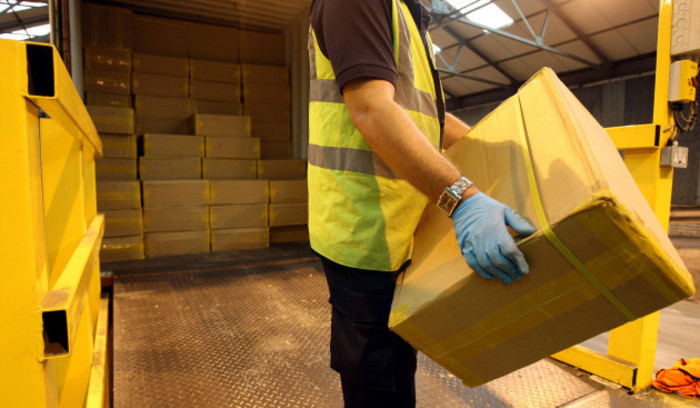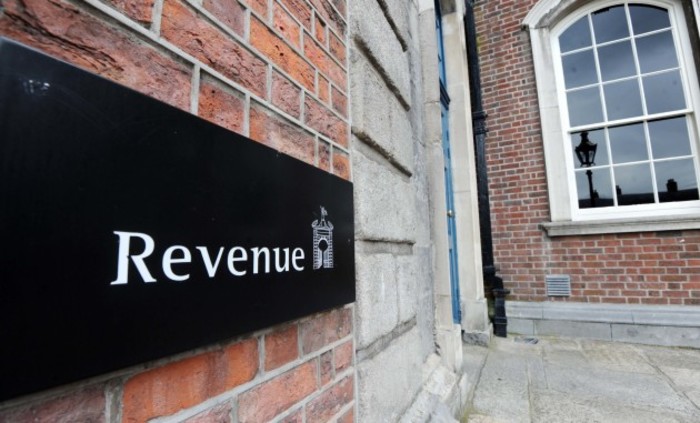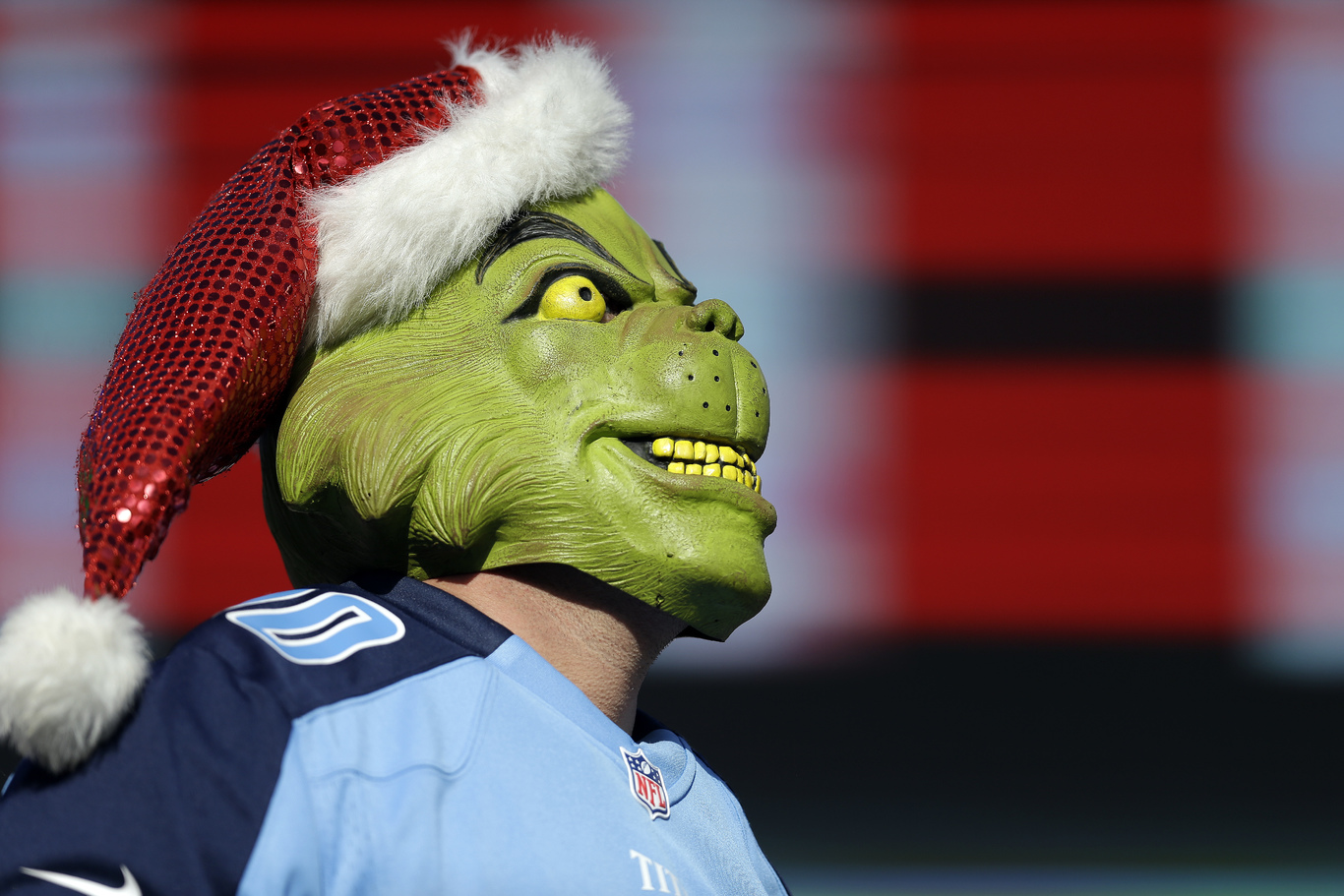How Revenue catches the counterfeit Grinches that try to steal Christmas
When consumer sentiment goes up, so does the appetite for knock-offs.
CHRISTMAS IS THE busiest time of the year for traders – legitimate or otherwise.
According to research by the European Union intellectual property office, around €885 million is directly lost in annual sales as a result of counterfeiting in Ireland, which translates to over 3,500 lost jobs in the retail sector.
Last year Revenue customs officials collected more than 138,000 counterfeit items worth about €5.45 million. Based on anecdotal evidence, they reckon they’ll see similar volumes in 2016.
Every season, there is a noticeable influx of fake clothing, jewellery, electronics and other items passing through Irish ports and delivery depots in the build-up to Christmas. When consumers’ appetites for spending are high, so is the appetite for knock-offs.
“When you have confidence in the real economy, you’ll also have confidence in the black economy. It’s just the way it works,” said Mark Newman, a manager at Revenue’s prohibitions and restrictions unit.
For Newman and his colleagues, there are a number of telltale signs that set the forgeries apart from the real things.
“We’re really looking at geographic locations in terms of where the goods are coming from,” he told Fora. “Certain types of apparel, we would expect to be coming from certain parts of the world. If we don’t see that, it certainly raises awareness for us.”
IPR infringements
When it comes to protecting intellectual property rights (IPR), brands are invited to supply customs with information on anything they wish to protect – logo, patents, designs.
That data is stored on a central European database that customs officials in all 28 EU member states consult when they suspect IPR infringements.
“If a particular company is looking to protect its rights and products, and they lodge an application in Germany, we will have access to that application,” Newman explained.
 A customs official
A customs official
As well as providing intelligence, it’s common for a company to have a solicitor on call to handle IPR breaches.
When a suspicious item is stopped, Revenue informs the copyright holder and supplies them with photographs of the goods. It is up to the firm itself to decide whether to proceed with further action.
However in his 16 years working for the tax office, Newman has never come across a company that followed through with a prosecution. Most of them simply request that the goods are destroyed.
One of the reasons firms tend to avoid the legal route – apart from the obvious costs and hassle of going through the courts – is because the technology used by counterfeiters has become increasingly sophisticated.
“It’s difficult for the rights holder to determine as to whether or not their brands are being impeached,” Newman said. “We have to be extremely forensic in terms of the information that we provide to them regarding various serial numbers, batch numbers, expiry dates, things like that.”
The naked eye would have a hard time telling dodgy items from the real deal.
What’s hot, what’s not
As well as looking for the usual suspects – fake clothing, jewellery and cosmetics – market researchers furnish Revenue with a ‘what’s hot and what’s not’ list every Christmas so they can hone in on potentially suspect products.
Last year, hoverboards were the ‘in’ thing. Newman expects them to be big this year too.
As well as traditional goods and holiday fads, Revenue has noticed growth in other areas of counterfeiting.
One of the most alarming products Newman has come across in recent months was a set of knock-off life jackets for children.
“The jackets actually absorbed water as opposed to repelling it – that’s the reality of what we deal with in the counterfeit industry,” he said.
Revenue provides plenty of information to protect consumers around the Christmas period. Business owners are asked to supply intelligence too if they come across something suspicious.
 Revenue offices
Revenue offices
Newman said that Revenue also looks at the wider issues around counterfeit goods – for example, it is likely many fakes are supplied to unregistered traders who also don’t pay taxes.
“It would be fair to say that large brands are being counterfeited and the public may be of the opinion that they’re making a lot of money and can suffer these losses,” he said.
“But we have to bear in mind that a lot of small and medium enterprises, in all parts of the country, will stock reputable, well-known brands.
“If you have a local guy going around in a van selling knocked off jeans, T-shirts, hoodies, aftershave, whatever the case may be, it’s going to have a devastating effect on small businesses.”
If businesses or members of the public have any information on the smuggling or sale of counterfeit goods, they can contact Revenue on free phone 1800 295 295. To report IPR breaches, email rcpr@revenue.ie.






